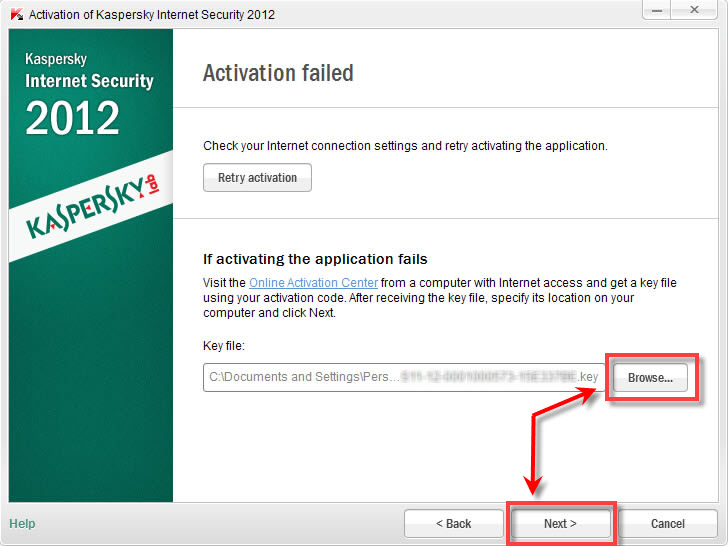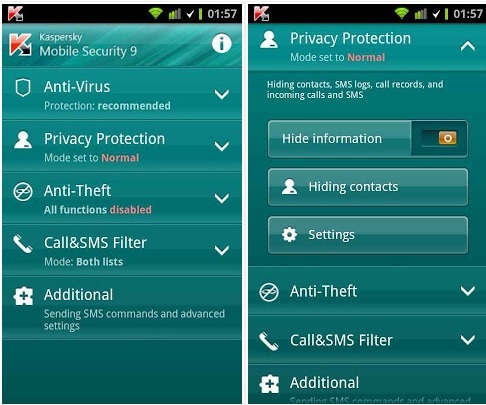

(Kaspersky Lab published (Opens in a new window) a report examining the threat.)


The products can be quite powerful once manually installed on a phone-usually when the victim isn't around-the stalkerware can collect photos, browser histories, in addition to chat messages and phone calls, all while pretending to be a harmless system process. Although the software is legally dubious, a whole industry has emerged that's focused on selling the commercial-grade spyware to interested customers on the open internet. Kaspersky Lab decided to make the change in response to journalists and privacy researchers investigating (Opens in a new window) the spying threat posed by stalkerware to ordinary people. Users can then choose to delete or quarantine the program. Now it will flag the stalkerware with a privacy alert about the program's ability to eavesdrop on your phone calls and collect your chat messages. "In 2018, Kaspersky Lab products detected stalkerware programs on 58,487 unique mobile devices-proving the severity of the threat," the company said in its announcement (Opens in a new window).īefore, Kaspersky Lab's mobile antivirus product detected stalkerware as "not-a-virus:Monitor," which identified the program as potentially unwanted, but may have confused the user with its wording. The security firm upgraded its Android antivirus product to specifically call out the presence of "stalkerware," which is typically sold to jealous lovers who want to spy on their partners. If a spouse or ex secretly installed spyware on to your smartphone, antivirus vendor Kaspersky Lab wants to warn you about it. How to Set Up Two-Factor Authentication.How to Record the Screen on Your Windows PC or Mac.How to Convert YouTube Videos to MP3 Files.



 0 kommentar(er)
0 kommentar(er)
